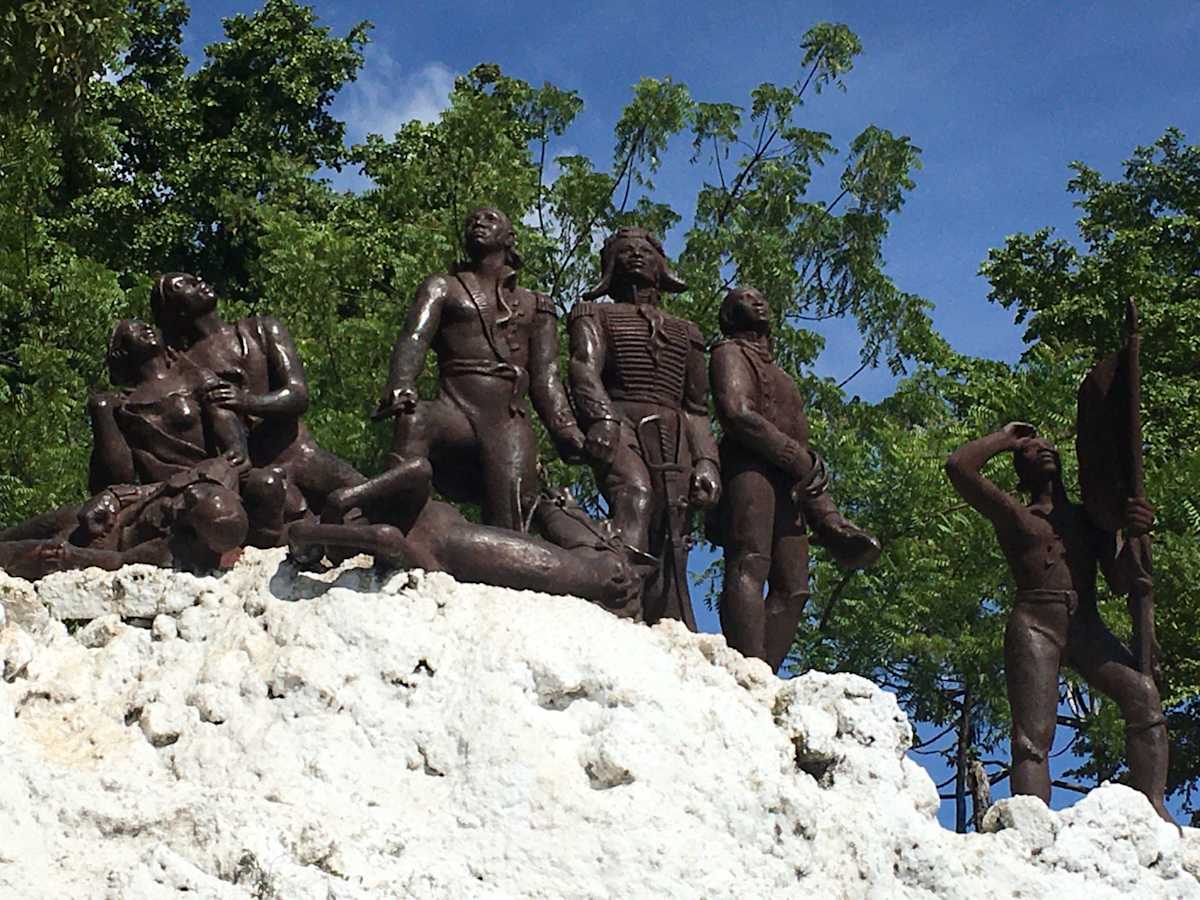In this series commissioned by Marlene L. Daut, scholars reveal what 220 years of Haitian independence means for how we tell the story of abolition and the development of human rights around the world.
The first land to be colonized in the Americas was Haiti. Europeans first enslaved native Americans and captive Africans there, too. But the first permanent abolition of slavery also happened on Haiti, in 1804: 220 years ago this month. Such abolition only occurred in the rest of the Americas later, much, much later.
Haiti’s radical defeat of French colonizers and enslavers—which opened the door for slavery to be outlawed everywhere in the Atlantic World—is not how abolition is remembered today. Instead, conventional accounts of the end of slavery in the Americas typically center ideas about human rights from the United States, Great Britain, and France. The popular narrative of slavery and abolition usually begins with white Europeans from Spain and Portugal colonizing the Caribbean and the Americas, replacing native populations with captive Africans whom they forced into harsh labor as slaves. It continues with the rise of the plantation supported by the English, French, and Dutch and their advent of scientific racism. In these accounts, it was only after abolitionist pamphlets and lectures culminated in bans on the international slave trade in Great Britain and the United States that the age of abolition opened, eventually leading to the US Civil War, which ultimately ended slavery.
This conventional (and terrifically flawed) story of abolition is circular (white Europeans and their US descendants established slavery only to destroy it); almost magical (with the stroke of a pen a few white men upended 400 years of slavery); preordained (abolition could not have happened any other way); evangelical (thank God and Abraham Lincoln); and warrants gratitude, not reparation (descendants of the enslaved are lucky to be free). Yet this narrative oversimplifies and distorts the reality. Yes, there were abolitionists, revolutionaries, lawmakers, and philanthropists involved in abolition, but Haiti and Haitians are most often left out of the story of who the abolitionists were, where they first emerged, and how we got from slavery to abolition in the first place
